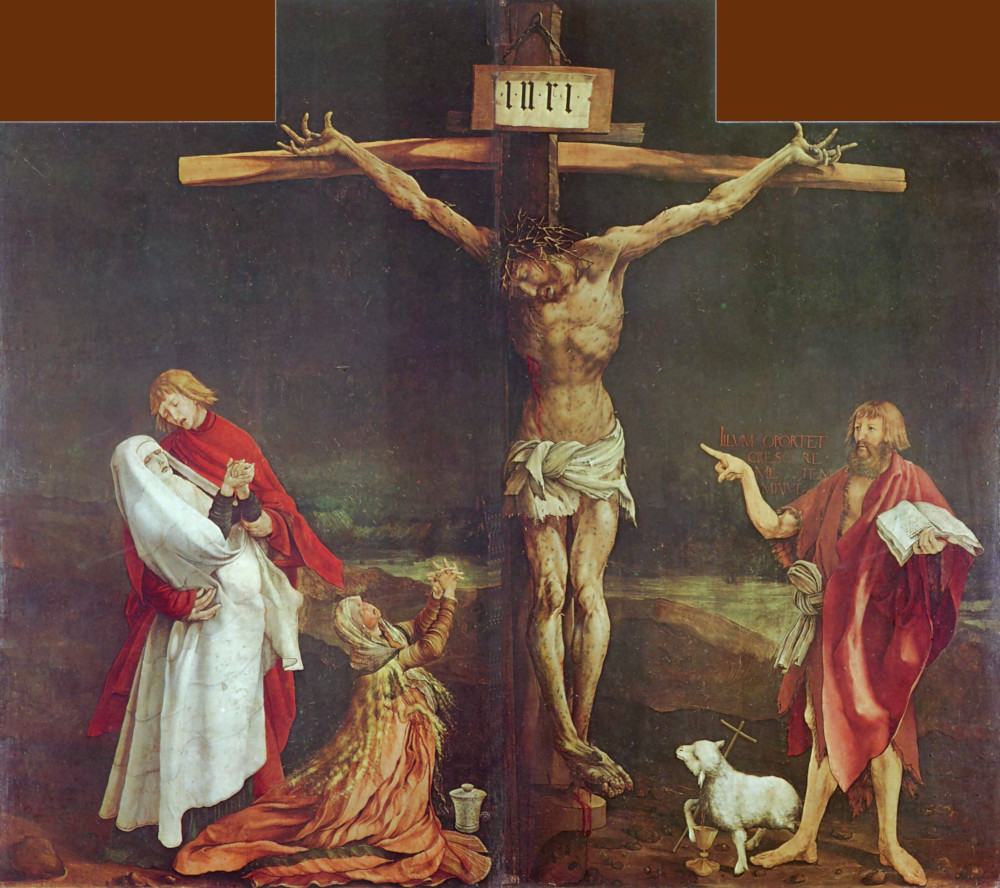
I pray that, according to the riches of his glory, God may grant that you may be strengthened in your inner being with power through his Spirit, and that Christ may dwell in your hearts through faith, as you are being rooted and grounded in love. I pray that you may have the power to comprehend, with all the saints, what is the breadth and length and height and depth, and to know the love of Christ that surpasses knowledge, so that you may be filled with all the fullness of God.
Ephesians 3:16-18
Q: Will you continue in the apostles’ teaching, in the breaking of bread, and in the prayers?
From the Baptismal Covenant
A: I will with God’s help.
Spiritual practice is not just sitting and meditation. Practice is looking, thinking, touching, drinking, eating and talking. Every act, every breath, and every step can be practice and can help us to become more ourselves.
Thich Nhat Hanh
For the rest of your life to be as meaningful as possible, engage in spiritual practice if you can. It is nothing more than acting out of concern for others. If you practice sincerely and with persistence, little by little, step by step you will gradually reorder your habits and attitudes so as to think less about your own narrow concerns and more about others’ – and thereby find peace and happiness yourself.
The Dalai Lama
What happens on Sunday morning is not half so important as what happens on Monday morning. In fact, what happens on Sunday morning is judged by what happens on Monday morning.
Verna Dozier
Practice
Shortly after we moved to Chicago, I received one of those wonderful spousal Christmas gifts, an offering subtly (or not) suggesting area of improvement. I was signed up at the local gym. I began to show up daily, religiously, when the doors opened before dawn. I was joined by other religious folks who also showed up every day for exercise. Some were buff. Why did they need to exercise? For some, like me, it was clear why exercise would be a good idea. But we all showed up, regardless of proficiency. As we did, a community was forged.
Since moving to North Carolina, my current pre-dawn routine involves a daily yoga class. The same folks show up every day, religiously. It’s like an 8am service in an Episcopal church. We park our mats in the same place. We know who puts their mat where. Newcomers beware of unwittingly altering the arrangement. We rarely speak beyond good morning and have a good day. We say Namaste to each other in the same way 8 o’clockers exchange the peace. A community is forged through this practice.
One member of our early morning yogic community is really good at yoga, as far as I can tell. (I know. One is not supposed to compare.) He’s in really good shape. All muscle. He can defy gravity in his poses without breaking a sweat. I recently learned that he is a yoga teacher. I’m intrigued with the fact that as a teacher he practices each day with the rest of us. Why does he need to practice, especially before the sun comes up?
A friend who teaches at a seminary said that one of his colleagues did a study of main-line clergy. A large percentage of those clergy have no daily practice of prayer or engaging with scripture. If those spiritual practices are done, it is only in preparation for Sunday worship. I found it a sad commentary that spiritual leaders don’t feel like they need to continue to practice, that they don’t need to engage in spiritual exercise, that they are not being nourished and strengthened and challenged in that way.
It brings to mind Pablo Casals, the great cellist who died in 1973. He would practice for hours each day, even into his nineties. Somebody asked him why he needed to do that, since he was arguably the best cellist in the universe. He answered that he practiced because he got better. He understood that his engagement with music was not about destination. It was about that open-ended opportunity for discovering new horizons.
The spiritual life is sort of like that. (A rector I admire describes his church as a spiritual gym.) For each of us, for all of us, it takes practice. First, practice in the sense of practicality, putting muscles to work, continuing to learn and grow. Second, practice in the sense of getting better at it, deepening, dare I say, improving. Practice in the sense of growing in our love of God and love of neighbor. We get in spiritual trouble when we imagine we don’t really need to do that anymore.
The practices can come in great variety. Beware those who get too prescriptive about what those practices might be. But also beware of those who think the practices don’t matter. Take this week to think about your own spiritual practice. How are you being intentional, mindful about it? If you’re looking for a practice, consider the Way of Love, proposed by the Presiding Bishop www.episcopalchurch.way-of-love.org Or shape your own way of love. It works if you work it.
-Jay Sidebotham
AN INVITE:
As part of The Good Book Club, I’ll be leading an online Bible Study for 8 weeks. It started on January 9, but it’s not too late to dive in!
Time: Wednesdays at 8pm EST Topic: Paul’s letters to the Romans. Learn more here. I hope you will join me!
Contact:
Rev. Jay Sidebotham
jsidebotham@renewalworks.org
RenewalWorks is a ministry of Forward Movement.
www.renewalworks.org



 at a small desk in his study in his Swiss home. Probably billions of words. Maybe trillions. Over the desk, he hung a print of John the Baptist from Grunewald’s Isenheim Altarpiece. That piece of art guided his writing. John (that great Advent figure) stands with arm extended, pointing beyond himself to Christ on the cross, where in the words of the hymn, love and sorrow flow mingled down. That was Karl Barth’s work: to point beyond self to Christ. I sense it was Thomas Merton’s vocation as well. How will you and I do that? May that be our work, our vocation this week.
at a small desk in his study in his Swiss home. Probably billions of words. Maybe trillions. Over the desk, he hung a print of John the Baptist from Grunewald’s Isenheim Altarpiece. That piece of art guided his writing. John (that great Advent figure) stands with arm extended, pointing beyond himself to Christ on the cross, where in the words of the hymn, love and sorrow flow mingled down. That was Karl Barth’s work: to point beyond self to Christ. I sense it was Thomas Merton’s vocation as well. How will you and I do that? May that be our work, our vocation this week.